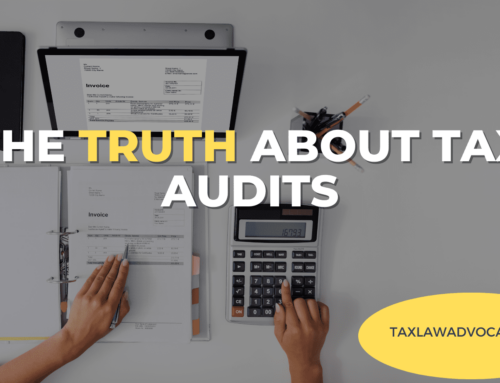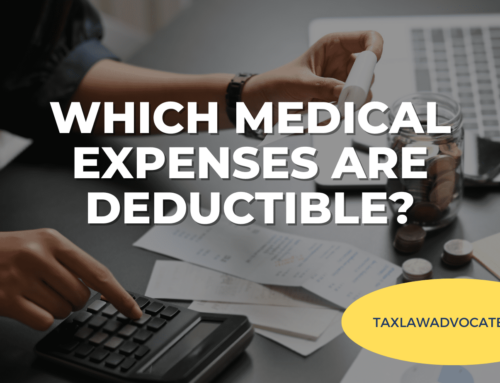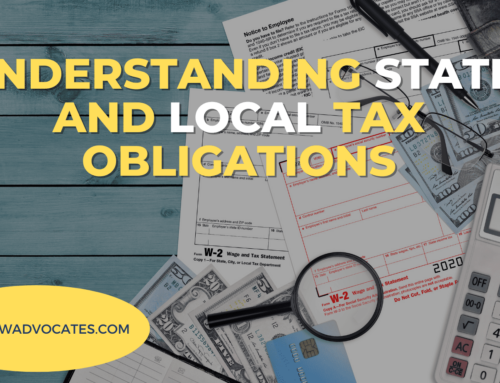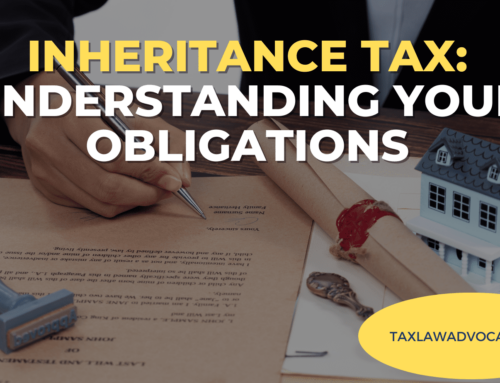Being embroiled in tax issues with the Internal Revenue Service is never pleasant, but some solutions can often make it possible for you to move on with your life while giving the government its due. The US tax code offers what is known as the Offer in Compromise or OIC.
The Offer in Compromise is an option for taxpayers who have accrued taxes that exceed what they can pay. In the end, the IRS may decide that you don’t have to pay your entire tax debt, and you can repay a portion of it over a period.
The IRS won’t accept immediately that you can’t repay all of your tax debt, of course. The IRS will require you to prove it by submitting documentation. After the offer is approved, your tax refunds will also be withheld by the IRS.
An OIC may allow you to pay less than the total debt owed to the federal government. Another rationale is that paying the entire tax debt owed would result in financial hardship.
Once the proposal is made, the IRS will either deny or approve it. Sometimes, the IRS sends back documents because some areas were filled in incorrectly or important documents are missing.
If this happens, it doesn’t mean that your offer was rejected outright. You need to provide the correct information or documents before the proposal can proceed. The IRS will then reevaluate afterward.
According to the IRS, an OIC is granted after the following circumstances have been examined: asset equity, expenses, income (including future income), and the taxpayer’s ability to pay. The IRS generally accepts the OIC when the proposed amount is reasonable and represents the most that the IRS can collect from the taxpayer within an appropriate duration. Take note that the OIC is not for all taxpayers with liabilities. Before hiring a tax professional, make sure also to examine the tax professionals’ qualifications.
When presenting a proposal for an OIC, you have to offer an initial payment. The IRS provides two payment options: lump sum cash and periodic payment. If you want to pay with lump sum cash, you have to provide 20% of the offer amount (total) that comes with your application. Should your offer be accepted, the sum shall be taken by the IRS, and they will send you a written confirmation. The remaining tax debt will be paid periodically in five or fewer additional payments.
If you want to try periodic payment, you will have to submit your initial payment upon applying for OIC. Pay the remainder of the tax debt monthly as the IRS evaluates your proposal. If the IRS accepts your bid, you have to continue paying in monthly installments until the entire debt is settled.
As the IRS processes and evaluates your proposal, remember the following:
– Non-refundable fees and payments are applied to the tax liability for that tax debt and tax year.
– You may get a Notice of Federal Tax Lien
– Collection activities may be suspended
– The IRS may extend the period of collection and legal assessment
– You must continue making payments associated with the proposal
– The IRS does not require you to continue making payments if you have an existing installment agreement
– Should the IRS fail to reply to your submission within two years, the proposal is considered accepted.
Criteria
There are basic requirements that determine if you qualify for an OIC. First, you need to be in payment and filing compliance with the IRS. You must have filed all the required tax returns. You must also have a sufficient number of estimated/withholding tax payments, so you do not continue to owe the IRS in the coming years.
Second, you cannot pay the total tax debt owed before the statute of limitations finally expires. This is computed by taking into account your assets and any future income. Third, you can pay the IRS by offering an amount that is of a reasonable collection potential using the IRS formula. And finally, you can stay in full tax compliance five years after the said acceptance. The IRS also has an online pre-qualifier tool that you can use to understand the various elements that the Internal Revenue Service uses to determine which taxpayers are deserving of an OIC and which are not.
Paying taxes can be difficult, but don’t worry there is good news. At Tax Law Advocates, our team of professionals will utilize our comprehensive analytic skills to conduct an audit of your current financial situation and compare your income to the financial standards to illustrate your inability to pay back taxes monthly.





